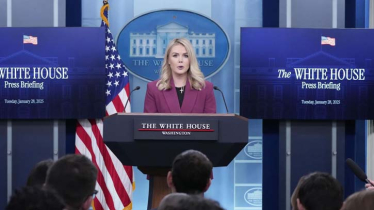
Photo: Collected
Monthly inflation in Argentina came in at 4.0 percent in July, the lowest in 2.5 years even as the annual figure remained one of the highest in the world, the INDEC statistics agency said Wednesday.
It was the third consecutive month with inflation under 5.0 percent, according to an INDEC report, but annual inflation remained high at 263.4 percent.
The government of self-described "anarcho-capitalist" President Javier Milei has applied a drastic austerity program with the aim of achieving "zero budget deficit" by the end of 2024 to tame chronic inflation.
In December, when Milei took office, monthly inflation leapt by 25.5 percent after he devalued the peso by more than 50 percent.
The move, in addition to severe budget cuts, strangled purchasing power. In January, the government reported its first monthly budget surplus in nearly 12 years.
But critics say Milei's few wins have come at the cost of the poor and working classes.
Economist Ricardo Delgado of the Analytica consultancy said Wednesday it was too soon to declare an end to rampant inflation.
"Recession always produces a drop in inflation," he told Radio Continental.
The South American country's economy contracted by 5.1 percent in the first quarter of the year, driven by a slowdown in construction and manufacturing.
According to the Argentine Chamber of Medium-Sized Enterprises, retail sales fell 15 percent year-on-year in July and 17 percent so far this year.
Social security data shows that more than 600,000 people have stopped contributions, likely because they lost their jobs or entered the informal market.
Poverty in the South American country stands at 55.5 percent, according to the last report by the Pontifical Catholic University's Social Debt Monitor.
The IMF in June sharply downgraded its 2024 economic outlook for Argentina, saying it expected a contraction of 3.5 percent.
Messenger/Disha








